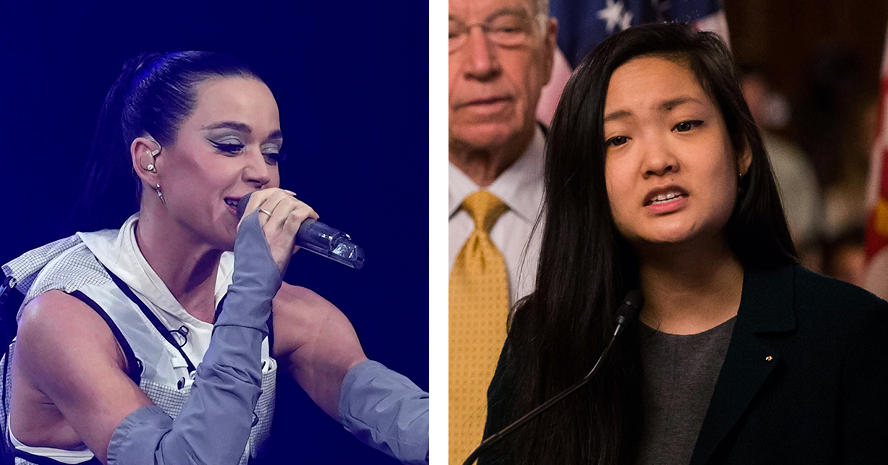Though women remain severely underrepresented in the aerospace field worldwide, they do regularly escape the Earth’s atmosphere. More than 100 have gone to space since Sally Ride became the first American woman to do so in 1983. If an all-women spaceflight were chartered by, say, NASA, it might represent the culmination of many decades of serious investment in female astronauts. (In 2019, NASA was embarrassingly forced to scuttle an all-women spacewalk when it realized it did not have enough suits that fit them.) An all-women Blue Origin spaceflight signifies only that several women have amassed the social capital to be friends with Lauren Sánchez.
Blue Origin is one of several private spaceflight companies — among them Virgin Galactic, Space Adventures and SpaceX — now offering rich people and their friends access to space. Its New Shepard rocket is self-piloting, and the six women had no technical duties on the flight. Though two participants had some aerospace experience (Bowe worked for NASA, and Nyugen interned there), Sánchez has said she picked them all because they are “storytellers” who could step off the flight and promote their experiences through journalism, film and song. To Blue Origin, their value lies expressly in their amateurism. Kristin Fisher, a journalist and the daughter of the NASA astronaut Anna Lee Fisher, who joined the livestream, called the flight’s roster “so refreshing.” In the early days of human spaceflight, astronauts “were all white male military test pilots, and they had to have ‘the right stuff.’ You could never talk about nerves, or being nervous, or your feelings,” Fisher said. “But now, in 2025, it is the right stuff.”
Sánchez arranged for her favorite fashion designers to craft the mission’s suits, leveraging it into yet another branding opportunity. Souvenirs of the flight sold on Blue Origin’s website feature a kind of yassified shuttle patch design. It includes a shooting-star microphone representing King, an exploding firework representing Perry and a fly representing Sánchez’s 2024 children’s book about the adventures of a dyslexic insect. Each woman was encouraged to use her four minutes of weightlessness to practice a different in-flight activity tailored to her interests. Nguyen planned to use them to conduct two vanishingly brief science experiments, one of them related to menstruation, while Perry pledged to “put the ‘ass’ in astronaut.”
The message is that a little girl can grow up to be whatever she wishes: a rocket scientist or a pop star, a television journalist or a billionaire’s fiancée who is empowered to pursue her various ambitions and whims in the face of tremendous costs. In each case, she stands to win a free trip to space. She can have it all, including a family back on Earth. “Guess what?” Sánchez told Elle. “Moms go to space.” (Fisher, the first mother in space, went there in 1984.)
The whole thing reminds me of the advice Sheryl Sandberg passed on to women in “Lean In,” her memoir of scaling the corporate ladder in the technology industry. When Eric Schmidt, then the chief executive of Google, offered Sandberg a position that did not align with her own professional goals, he told her: “If you’re offered a seat on a rocket ship, don’t ask what seat. Just get on.” It is the proximity to power that matters, not the goal of the mission itself.
https://www.nytimes.com/2025/04/14/arts/blue-origin-lauren-sanchez-katy-perry.html


